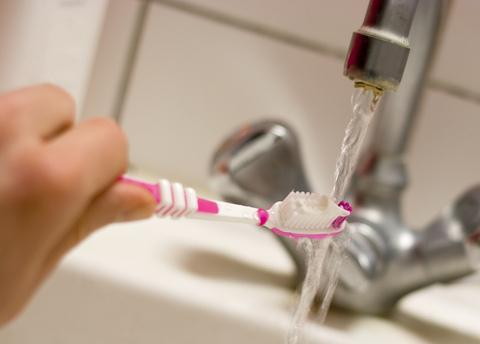
My Blog
-
Summer is Almost Here: Tips for a bright, white smile!
posted: May 01, 2024.

-
What is a water pick and do I need one?
posted: Apr. 24, 2024.

-
Earth Day
posted: Apr. 17, 2024.

-
Sleep Apnea: How we can help
posted: Apr. 10, 2024.

-
April is Oral Cancer Awareness Month
posted: Apr. 03, 2024.

-
What to do about Dry Mouth
posted: Mar. 27, 2024.

-
Whitening Teeth with Braces
posted: Mar. 20, 2024.

-
Go Green for St. Patrick’s Day
posted: Mar. 13, 2024.

-
Good Nutrition Leads to Healthy Mouths
posted: Mar. 06, 2024.

-
What is biofilm?
posted: Feb. 28, 2024.

-
Mall Whitening: Why You Shouldn’t
posted: Feb. 21, 2024.

-
The Start of Valentine’s Day
posted: Feb. 14, 2024.

-
Seven Foods that will Give You a Smashing Smile
posted: Feb. 07, 2024.

-
Germs living on my toothbrush? Say it ain’t so!
posted: Jan. 31, 2024.

-
Can Superfoods Create a Super Smile?
posted: Jan. 24, 2024.

-
Most Valuable Dental Treatments
posted: Jan. 17, 2024.

This website includes materials that are protected by copyright, or other proprietary rights. Transmission or reproduction of protected items beyond that allowed by fair use, as defined in the copyright laws, requires the written permission of the copyright owners.

